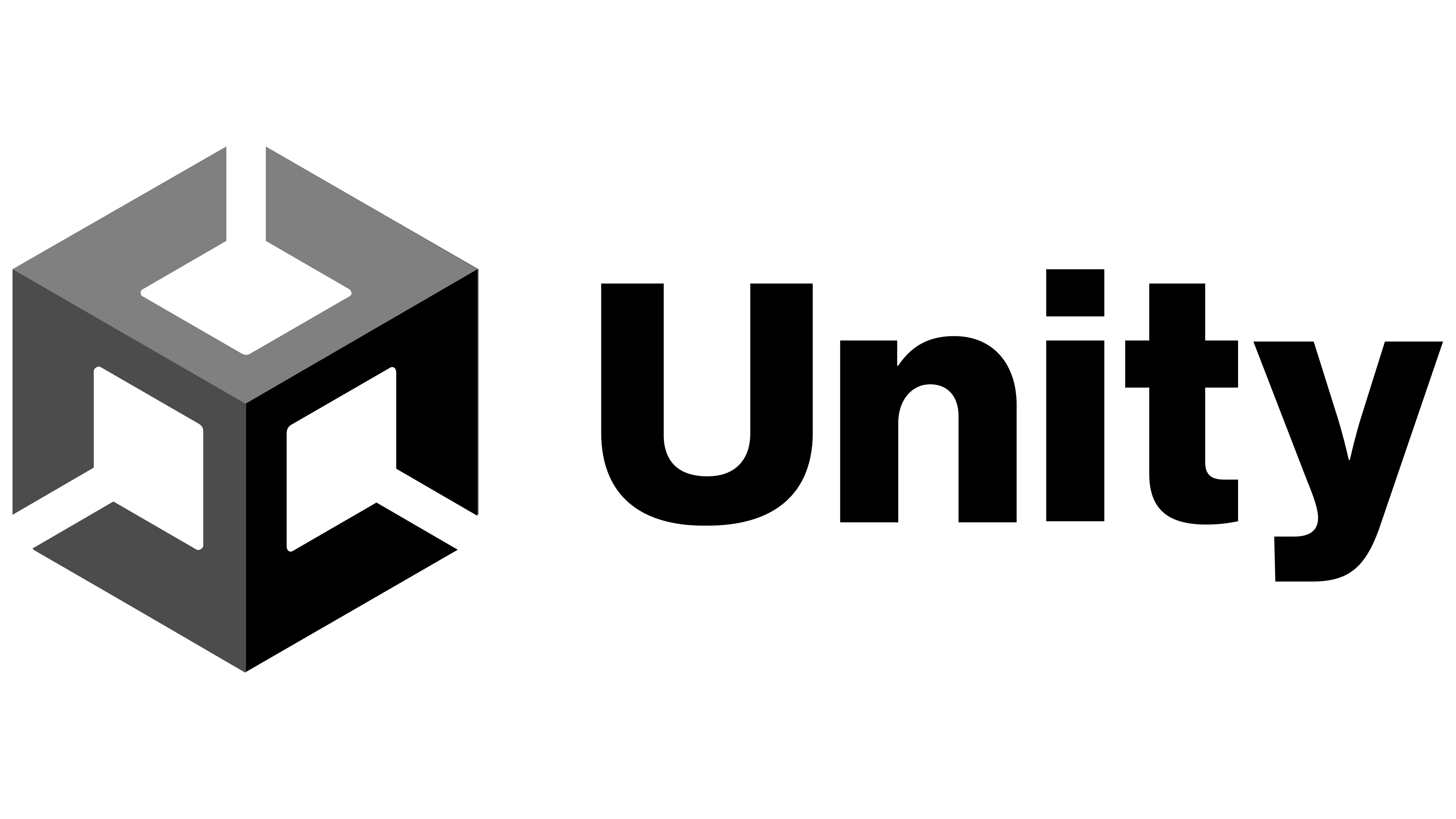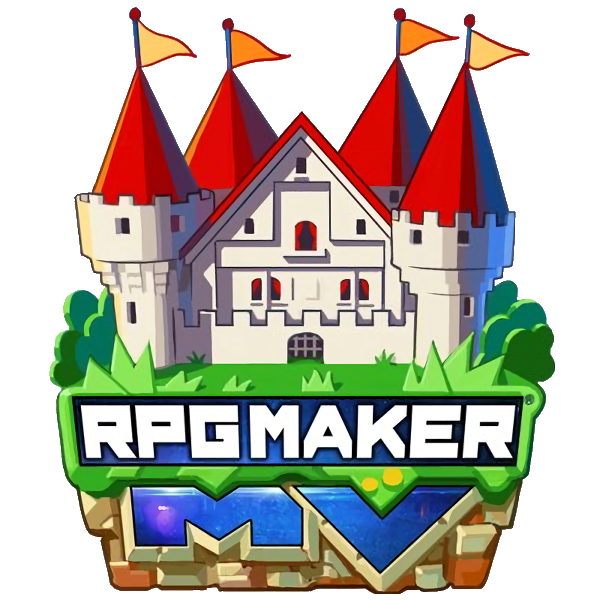Unity vs Godot vs RPG Maker: Choosing Your Game Engine
OneBrowsing

(Reviews: 2.5M)
Est. users: 15M
Price Ranges: Free - $40 - $150

(Reviews: 1.5K)
Est. users: 500K


(Reviews: 15K)
Est. users: 500K
Price Ranges: $60 - $130
Unity vs Godot vs RPG Maker
Unity is a versatile and widely-used game engine known for its robust 3D and 2D game development capabilities across various platforms, while Godot is an open-source game engine favored for its flexibility, ease of use, and lack of licensing fees, also supporting 2D and 3D projects. RPG Maker, on the other hand, is specifically designed for 2D role-playing games, offering user-friendly, event-driven tools and assets suitable for beginners in game development.
Unity
- Widely used for 3D games.
- C# is the main programming language.
- Strong asset store support.
- Large community and documentation.
- Highly customizable and extensible.
- Good for AR/VR projects.
- Supports multiple platforms.
Godot
- Open-source and free to use.
- Uses GDScript, similar to Python.
- Lightweight and fast engine.
- Great for 2D and small 3D games.
- Rich built-in flat node system.
- Active and supportive community.
- Easy to learn for beginners.
Key Differences
-
Ease of Use
RPG Maker is designed for beginners to easily create 2D RPG games without any programming knowledge. It offers a simple drag-and-drop interface. Godot also provides a user-friendly interface but requires basic coding skills. Unity is more complex due to its extensive features and requires programming knowledge.
Winner: RPG Maker
-
Flexibility and Power
Unity is highly flexible and used for a wide range of game genres beyond just RPGs. It offers powerful 3D and 2D game development capabilities along with a comprehensive set of tools and asset store resources. Godot also provides versatility with strong 2D and growing 3D capabilities, including an open-source advantage, although it is less mature than Unity in terms of asset store and community size. RPG Maker is more limited, focusing specifically on 2D RPG games.
Winner: Unity
-
Cost
Godot is completely free and open source, making it highly cost-effective. Unity offers a free personal edition, but it requires licensing fees for access to advanced features and for larger revenue-generating projects. RPG Maker has a one-time purchase cost, which can be appealing but may require additional paid plugins or assets.
Winner: Godot
-
Community and Support
Unity has a large and active community, providing extensive forums, tutorials, and third-party resources, which is advantageous for learning and troubleshooting. Godot, being open-source, is rapidly growing in its community and has dedicated developers improving its engine. RPG Maker has a smaller but passionate community focused on certain genres.
Winner: Unity
-
Built-in Features
RPG Maker comes with a lot of built-in features specifically for creating RPG games which allows game creation without coding. Godot has a streamlined core for both 2D and 3D, with GDScript making some tasks easier for new developers. Unity offers a comprehensive set of built-in features but often relies on additional packages for more specific needs, which might require additional setup.
Winner: RPG Maker
Distinct Features
| Unity | Godot | RPG Maker |
|---|---|---|
| Comprehensive Asset Store offering a wide range of assets and tools | Free and open-source with a permissive MIT license | Simplified game development process specifically for creating RPGs |
| Advanced graphics capabilities with high-end rendering for 3D projects | Node-based architecture for flexible scene management | Extensive database for managing game assets like characters, items, and skills |
| Integrated services such as Unity Ads, Unity Analytics, and Unity IAP | Built-in scripting language (GDScript) that is easy to learn and use | Event system for non-programmer game logic implementation |
| Cross-platform support for over 25 platforms including AR and VR | Native support for both 2D and 3D game development | Pre-built tilesets and sprites specifically designed for RPG aesthetics |
| Collaboration tools with Unity Collaborate for team-based projects | Lightweight engine size and efficient for smaller teams | User-friendly map editor for creating detailed game worlds |
Pricing Overview
Unity
- Personal (Free) - For hobbyists and small indie developers.
- Plus ($40) - For indie developers looking for more support and features.
- Pro ($150) - For professional game developers and studios.
RPG Maker
- Standard Edition ($60) - Suitable for those looking to create role-playing games without complex coding
- Professional Edition ($130) - For game developers seeking enhanced customization and advanced features
Indepth Overview
| Unity | Godot | RPG Maker | |
|---|---|---|---|
| Game Development Engine | |||
| Graphics | ★4.8 - Strong rendering capabilities and versatile graphics options. | ★4.5 - Good graphics capabilities but less advanced than Unity. | ★4.0 - Limited customization but good for pixel art. |
| Asset Store | ★4.5 - Extensive marketplace for assets, plugins, and tools. | ★4.0 - Limited but growing asset marketplace. | ★3.5 - Small asset load, but many pre-made resources. |
| Programming Language | ★4.7 - Supports C# for robust scripting and performance. | ★4.6 - Uses GDScript, easy for beginners but less flexible than C#. | ★4.2 - Uses Ruby or JavaScript, geared toward RPGs. |
| Cross-Platform | ★4.9 - Supports multiple platforms from mobile to console. | ★4.8 - Excellent support for Linux, Windows, and mobile. | ★3.8 - Limited, mainly Windows and mobile. |
| 2D Support | ★4.6 - Solid 2D tools integrated into the engine. | ★4.9 - Exceptional 2D game development features. | ★5.0 - Exceptional, focused solely on 2D RPGs. |
| Community Support | ★4.8 - Large community offers vast learning resources. | ★4.5 - Active community with growing resources. | ★4.1 - Supportive community with creative resources. |
| Documentation | ★4.5 - Comprehensive and detailed documentation available. | ★4.3 - Good documentation but not as extensive as Unity’s. | ★4.2 - Adequate, focused on RPG Maker specifics. |
| Animation Tools | ★4.7 - Advanced animation system for character design. | ★4.4 - Effective tools for 2D and 3D animations. | ★4.0 - Basic animation features tailored for RPGs. |
| Virtual Reality | ★4.9 - Strong VR support and optimization. | ★4.0 - Basic VR support compared to Unity. | |
| Performance | ★4.6 - Good runtime performance across devices. | ★4.5 - Generally efficient, especially for 2D games. | ★3.6 - Limited scalability, generally not as optimized. |
| Multiplayer Support | ★4.5 - Tools for creating multiplayer games available. | ★4.2 - Basic features available for multiplayer setup. | |
| Custom Shaders | ★4.7 - Good support for custom shader development. | ★4.3 - Supports custom shaders with GLSL. | |
| Debugging Tools | ★4.6 - Robust debugging and profiling tools integrated. | ★4.4 - Good debugging features integrated. | ★3.5 - Basic but functional tools for troubleshooting. |
| Mobile Development | ★4.8 - Excellent tools for mobile optimization. | ★4.5 - Strong support for mobile platforms. | ★4.0 - Some capabilities, primarily on mobile devices. |
| Pricing Model | ★4.5 - Free tier with limitations; Pro subscription available. | ★5.0 - Completely free and open-source. | ★4.2 - Paid software with frequent sales. |
| User Interface | ★4.4 - UI tools can be complex for beginners. | ★4.6 - User-friendly interface but less polished than Unity. | ★4.3 - Intuitive interface aimed at ease of use. |
| Learning Curve | ★4.2 - Steeper learning curve for newcomers. | ★4.8 - Generally considered easier for beginners. | ★4.5 - Easier for those focused on RPG development. |
| Open Source | ★5.0 - Fully open-source and actively developed. | ||
| Game Types | ★4.7 - Supports a wide variety of game types. | ★4.6 - Versatile for both 2D and 3D games. | ★5.0 - Specifically tailored for creating RPGs. |

Comments